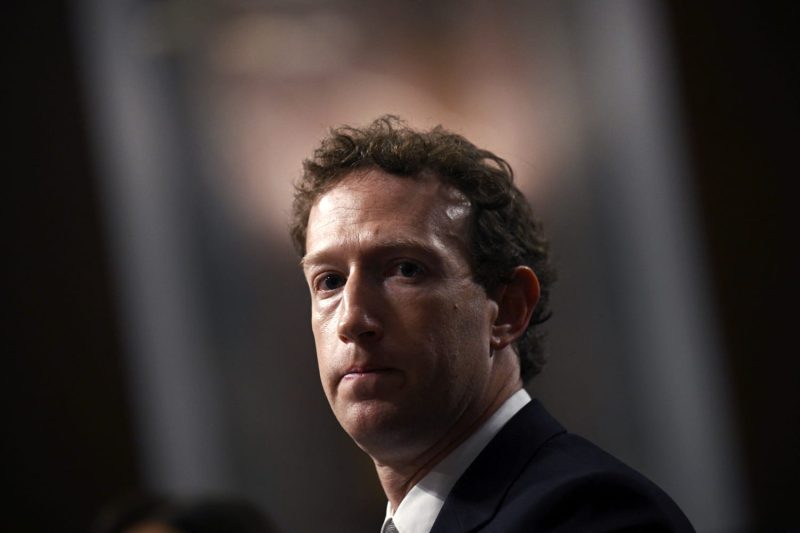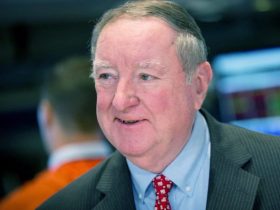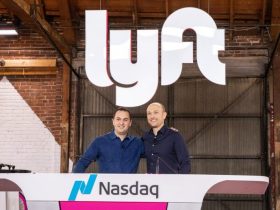Texas Attorney General Ken Paxton has won a $1.4 billion settlement from Facebook parent Meta over charges that it captured users’ facial and biometric data without properly informing them it was doing so.
Paxton said that starting in 2011, Meta, then known as Facebook, rolled out a “tag” feature that involved software that learned how to recognize and sort faces in photos.
In doing so, it automatically turned on the feature without explaining how it worked, Paxton said — something that violated a 2009 state statute governing the use of biometric data, as well as running afoul of the state’s deceptive trade practices act.
‘Unbeknownst to most Texans, for more than a decade Meta ran facial recognition software on virtually every face contained in the photographs uploaded to Facebook, capturing records of the facial geometry of the people depicted,’ he said in a statement.
As part of the settlement, Meta did not admit to wrongdoing. Facebook discontinued how it had previously used face-recognition technology in 2021, in the process deleting the face-scan data of more than one billion users.
The settlement amount, which Paxton said is the largest ever obtained by a single state against a business, will be paid out over five years.
“This historic settlement demonstrates our commitment to standing up to the world’s biggest technology companies and holding them accountable for breaking the law and violating Texans’ privacy rights,’ Paxton said. ‘Any abuse of Texans’ sensitive data will be met with the full force of the law.”
A Meta spokesperson said in a statement that the company was ‘pleased to resolve this matter’ and that it looks forward to ‘exploring future opportunities to deepen our business investments in Texas, including potentially developing data centers.”
Paxton, an outspoken conservative who was nearly forced out as attorney general last year after he was impeached by the state’s House on abuse-of-power charges, has long railed against large tech companies while closely aligning himself with right-leaning figures in Silicon Valley like Elon Musk.
As a result, he has been floated as a potential U.S. attorney general in a second Trump administration, even as he still faces a federal investigation.









